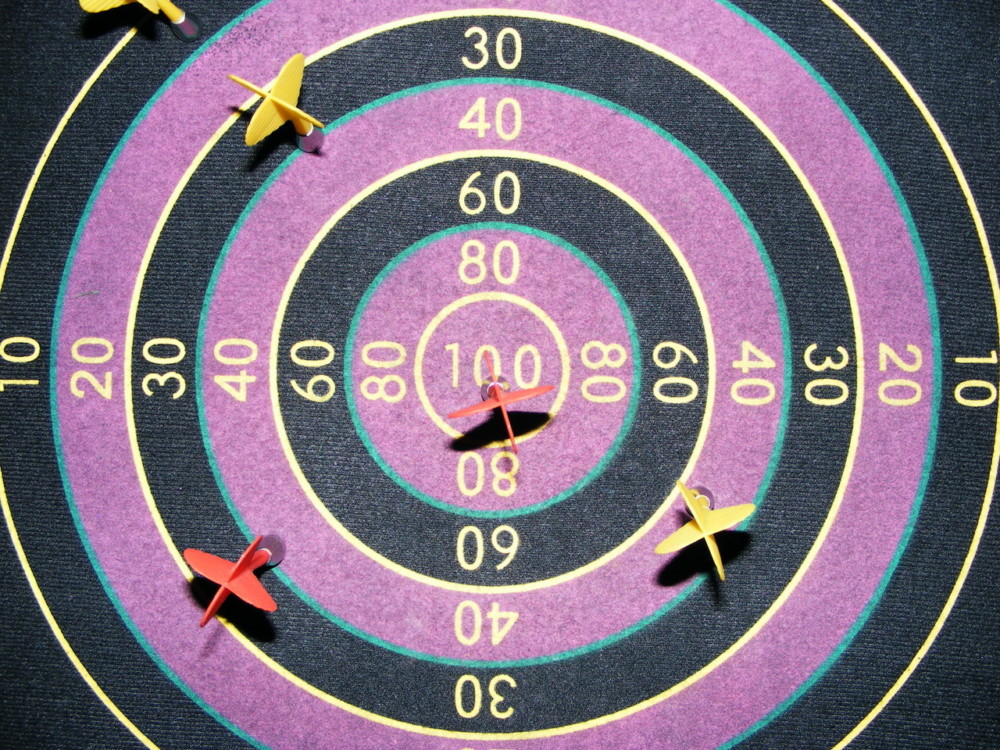There are many benefits to successfully registering your trademark with the U.S. Patent & Trademark Office. That is why applicants file hundreds of thousands of trademark applications each year. There are no requirements that you hire an attorney to file your trademark application. In fact, many people (called pro se applicants) choose to do it themselves. However, trademark attorney success rates on applications are much higher than for those filed by pro se applicants. Let’s take a look at this Stanford Technology Law Review article, which did some great research on the subject.
Background
The article, titled “Do Trademark Lawyers Matter?,” attempts to determine whether trademark attorneys are more successful in the application process. And that should tell us whether their services provide value to their clients. To do so, authors Deborah R. Gerhardt and Jon P. McClanahan looked at statistics from almost 5.5 million applications. These were filed between 1984 and 2012. The authors first review the basic difference in trademark attorney success rates versus non-attorney applicants. And then they break those two categories down into three levels based on experience.
To understand their results, you first need a basic understanding of the trademark registration process. Most applications that fail to register do so for three main reasons: 1. the Trademark Office issues an office action that they fail to overcome or respond to; 2. the applicant loses or fails to respond in a trademark opposition; or 3. a Statement of Use is not filed or incorrectly filed for an Intent to Use application. This is the order in which these problems would occur in the registration process.
The two major “checkpoints” reviewed by the article are “publication,” which occurs after an office action is properly addressed (if one is even issued), and “registration,” which is the overall desired outcome. Publication is arguably the better measure of success, though. The Trademark Office must approve an application before it goes to registration. After that, relatively few applications face opposition. And many Statements of Use are never filed because the applicant does not put the mark into use. The attorney is clearly not at fault in those cases.
Attorney vs. Non-Attorney Findings
There is a major difference overall in trademark attorney success versus the success for non-attorneys. This is true at both the publication and registration stages of the process. Applicants that filed without an attorney reached the publication stage 60% of the time versus 82% for those that hired a trademark attorney (Figure 1). That represents a 37% increase! And non-attorney applicants reached registration of their mark only 42% of the time versus 60% for attorney-filed applications (Figure 2). That means that they increased their chances of registration by 43% by hiring a trademark attorney. Obviously trademark attorney success rates were much higher and demonstrate that attorneys provided value to their clients in this area of the law.


There are a couple important things to keep in mind about these figures, too. First is that the Stanford article found that attorneys were more often hired to file Intent to Use applications. This means that their registration rate is actually lower than it would be if attorneys and non-attorneys had the same percentage of ITU applications. Again, the reason for that is that registration rates for ITU application are lower because many applicants never end up using the mark and filing the Statement of Use.
Trademark attorney success is probably also higher because they are screening potential applications before they file. For example, an attorney may conduct a thorough trademark search for a client to see if their application is likely to succeed. They may also discourage them from filing if their mark is descriptive, or not eligible for registration for a number of other reasons. A potential applicant of course benefits from this insight, which would prevent them from wasting money on a bad application.
The Experience Factor
Experience also matters in filing trademark applications. The authors divided applicants into three experience levels based on their number of applications filed: 1. less than 10 applications; 2. between 10 and 29 applications; and 3. 30 or more applications. As you might expect, applicants with more experience tended to have higher levels of success reaching publication (Figure 3). You can also see that the gap between attorneys and non-attorneys closes with more experience, although trademark attorney success is consistently higher.

The authors note that it is important to keep in mind the percentages of applicants in each category. The vast majority of attorneys here (88%) fell into the “most experienced” category, while most non-attorney applicants (85%) were categorized as “least experienced.” So most attorney filings were published at a rate of 83% versus 57% for most non-attorney filings. That means that hiring an experienced trademark attorney increased the chances of reaching publication by 46% when compared with an inexperienced non-attorney. Experienced non-attorney trademark filers often work for large companies. They often have access to legal resources that an individual starting a business does not, such as a general counsel. This factor may give them a boost, although it is not surprising that experience generally makes filing easier over time.
Although not as instructional as the publication rates, I should touch on the registration rates related to experience. Here we find the same increase in success that comes with experience as before (Figure 4). However, the gap between attorneys and non-attorneys does not close with experience like it did for the publication rate.

Again, most applicants are either highly experienced attorneys or non-experienced pro se applicants. The trademark attorney success rate here was 60% versus 40% registration for non-attorneys. That’s a 50% increase in registration for those hiring the experienced attorney!
Conclusions
No matter how you slice the data, you are always better off hiring an attorney to file your trademark application. The differences in success between attorneys and non-attorneys are pretty stark. But besides just the raw numbers, there are many other good reasons for doing so. For one, a trademark attorney will help screen your application. By that, I mean that they will be able to tell you if your trademark is not eligible for registration for a number of reasons. You might also have them perform a trademark search, which can uncover conflicting marks that will prevent your registration. This saves you time and money in registering a trademark.
This article did not look into the validity of registrations filed by pro se applicants. I think that many of the registrations obtained by non-attorneys are probably not valid. Your trademark registration is only any good if it stands up to challenge. And many non-attorney applicants that got registrations will have made mistakes that could later invalidate their registrations, and make them subject to later cancellation. That’s something that a study like this can’t account for. Hopefully with the large release of information from the USPTO there will be more good studies like that show us how to be more successful in the trademark application process.
Are You Looking to Gain That Trademark Attorney Success Boost With Your Trademark Application?
If you would like to work with a trademark attorney that has the experience that comes with personally preparing and filing hundreds of trademark applications, please call me at (480) 360-3499, email me at kevin@yourtrademarkattorney.com, or complete the contact form found on this page to schedule your free initial consultation today. I look forward to speaking with you.


